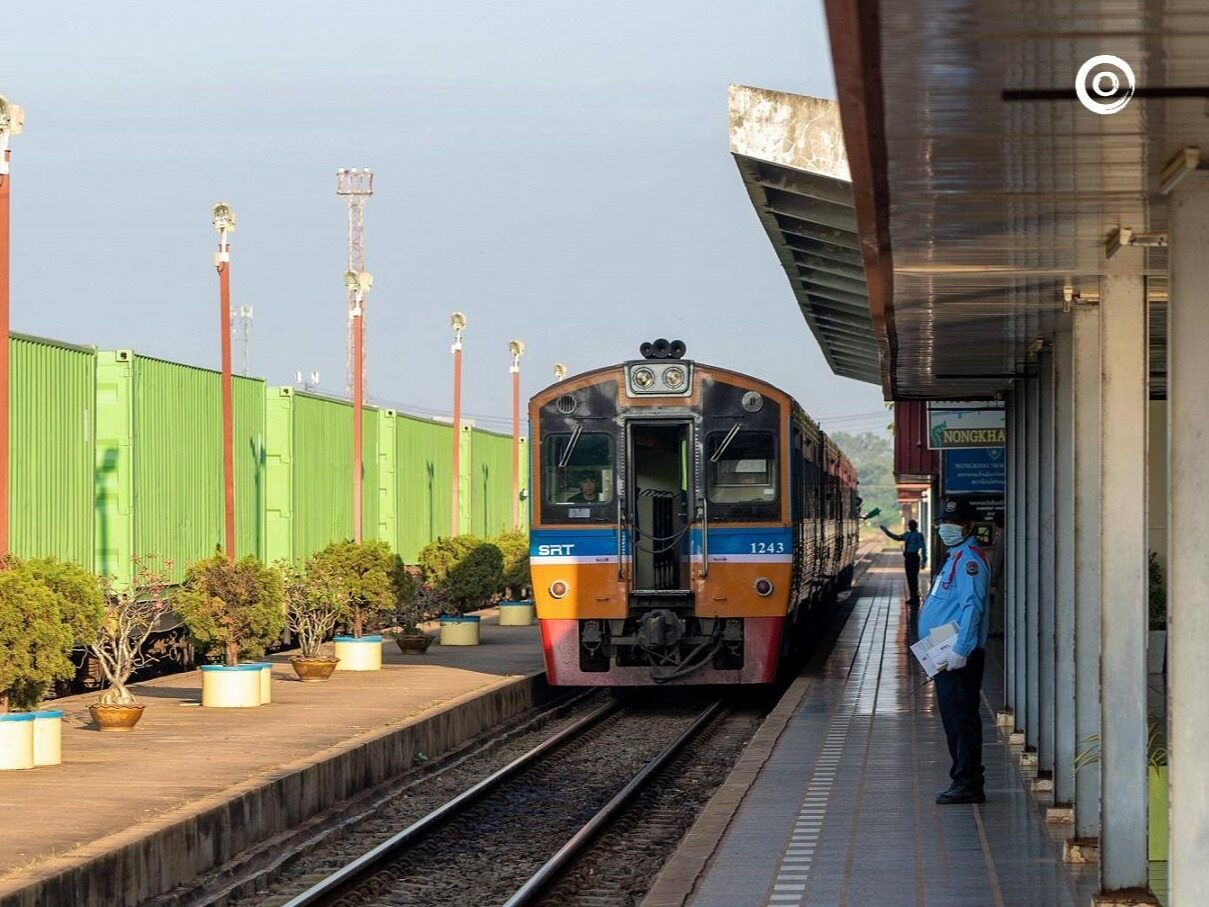- The construction of this project will help Thailand solve the problem of network communication infrastructure construction

Recently, China has made another important breakthrough in the field of aerospace technology. Low-orbit broadband satellite internet technology has been successfully implemented in Thailand, and the test verification of broadband communication network has been realized. This achievement not only demonstrates the advanced technical strength of China's commercial aerospace companies, but also injects new vitality into the cooperation between China and Thailand in the field of aerospace.
On the top of the teaching building of Mahankol University of Technology in Thailand, Suponsa Kekli, director of the satellite research laboratory of the school, held a mobile phone and broadcast live through China's low-orbit broadband satellite internet. The network signal he used came from China's low-orbit broadband satellite internet, which had just been successfully tested. The application of this technology has brought a new network experience to Thailand.

The low-orbit broadband communication test constellation verified in Thailand this time is called Little Spider Web, which consists of 8 low-orbit communication satellites. Compared with traditional high-orbit satellites, low-orbit satellites have the advantages of high bandwidth and low latency, and can provide users with better network services. Huang Heping, director of international business development at Galaxy Aerospace, said that low-orbit communication satellites have a wide range of application scenarios and are expected to develop in the future. This verification not only promoted exchanges between the two sides in the field of satellite technology applications, but also promoted the deepening of cooperation in the field of aerospace between China and Thailand.
As a representative of China's commercial aerospace companies, Galaxy Aerospace has been committed to promoting the development and application of low-orbit broadband satellite Internet technology. This test verification in Thailand is not only the first overseas application practice of China's low-orbit satellite Internet technology, but also provides a new opportunity for digital technology to empower the high-quality development of the Belt and Road Initiative. Xu Kun, deputy secretary of the Party Committee and president of Beijing University of Posts and Telecommunications, said that this test verification has an important demonstration role and will further promote the improvement of regional network construction capabilities and scientific and technological innovation levels.

As a rapidly developing country, Thailand has a growing demand for network infrastructure. However, cargo ships and cruise ships in the Gulf of Thailand still need to use traditional high-orbit satellites to provide communication network services, and some mountainous areas in northern Thailand also lack network coverage. In addition, Thailand is prone to floods during the rainy season, which also poses challenges to network communication infrastructure. The implementation of China's low-orbit broadband satellite Internet will provide Thailand with a new solution to help Thailand solve the problem of network communication infrastructure construction.
In the future, China's commercial aerospace companies will continue to strengthen cooperation with partners such as Thailand to jointly promote the application and development of low-orbit broadband satellite Internet technology on a global scale. Through practical exploration, China's commercial aerospace companies will use aerospace technology to support the construction of the Belt and Road space information corridor and provide better and more efficient network services to countries and regions along the route. At the same time, China will continue to promote scientific and technological innovation and industrial upgrading, and contribute more Chinese wisdom and strength to the development of the global aerospace industry.Editor/Li Chunwen
Comment
 Praise
Praise
 Collect
Collect
 Comment
Comment
 Search
Search














Write something~